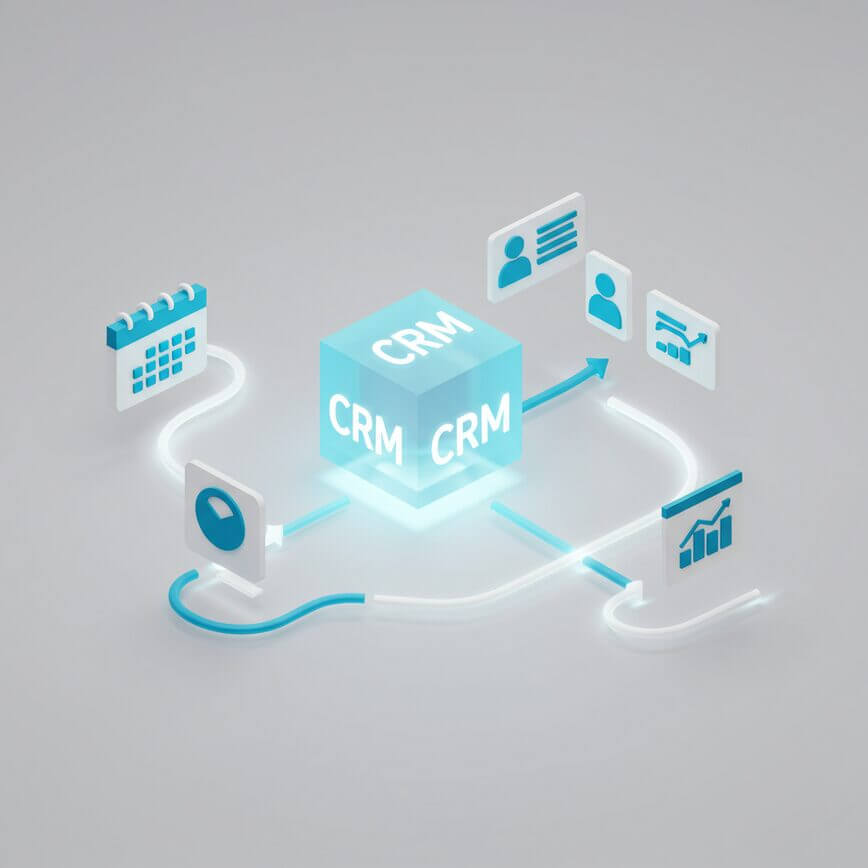Launching a new business in Ontario, California, is an exhilarating journey. You have the vision, the drive, and the passion to build something from the ground up. But as you start laying the foundation, you’ll face a critical decision that will define your daily operations: the choice between a `DIY vs professional business setup`. Do you try to save money upfront by juggling free tools and manual processes, or do you invest in smart `small business software` to save your most valuable asset—your time?
Table of Contents
For many new entrepreneurs, the DIY route seems logical. The bootstrapping mentality is strong, and piecing together a system feels like a savvy business move. But what starts as a cost-saving measure often becomes a source of chaos, missed opportunities, and administrative overload. Let’s break down the real-world implications of each approach and discover why the right tools aren’t an expense, but your first and best investment in growth.
The Allure of the DIY Business Setup

When you’re starting out, every dollar counts. The temptation to handle everything yourself using a patchwork of free or existing tools is strong. You feel scrappy, resourceful, and in complete control because you’re touching every single part of the process. This hands-on approach feels like the essence of entrepreneurship, but it comes with a steep, often unseen, price.
What “Doing It Yourself” Really Looks Like
The typical DIY setup involves a collection of separate applications that don’t talk to each other, forcing you to act as the human bridge between them. Your system might look something like this:
- Lead Tracking: A spreadsheet where you manually enter contact information for every new inquiry. This means copying and pasting names, emails, and phone numbers, hoping you don’t make a typo. Each row is just static data, lacking the crucial context of your last conversation or their specific needs.
- Scheduling: A personal calendar app where you block out appointments. This often involves a frustrating back-and-forth email chain with a client just to find a mutually available time, making you look less organized and wasting everyone’s time. You constantly live in fear of double-booking a crucial meeting.
- Client Communication: Your standard email inbox, mixed with personal messages, spam, and newsletters. Important client follow-ups can easily get buried under a promotional email from a store you shopped at last week, leading to delayed responses and lost momentum.
- Reminders: A combination of sticky notes plastered on your monitor, alarms on your phone, and a constant, low-level anxiety that you don’t forget a critical task. This mental juggling act is exhausting and completely unsustainable as you get busier.
This “system” works, but only for a little while and at a very small scale. As your business grows from one client to ten, and then to fifty, so does the complexity. The cracks in this manual foundation don’t just show—they become gaping holes that swallow your time and opportunities.
The Hidden Costs of the Manual Method
The DIY approach isn’t truly free. It comes with significant hidden costs that can stall your progress before you even get off the ground. These aren’t just minor inconveniences; they are fundamental obstacles to growth.
- The Time Drain: Studies show that small business owners can lose up to 30% of their workweek to manual administrative tasks. That’s more than a full day each week spent on data entry and organization instead of marketing, networking, refining your service, or actually enjoying the freedom of being an entrepreneur.
- The Risk of Human Error: When you’re manually transferring data between a spreadsheet, a calendar, and an email client, mistakes are not just possible—they are inevitable. A mistyped email address means a lost lead. A scheduling conflict can damage your reputation. A forgotten follow-up can cost you a significant sale and undermine a client’s trust.
- The Stress of System Chaos: Juggling multiple apps creates immense mental clutter. You’re constantly worried about what might be falling through the cracks, trying to remember which client needs a follow-up and which appointment needs confirming. This “system chaos” is a leading cause of burnout for new business owners, turning passion into a stressful chore.
- The Unprofessional Appearance: First impressions are critical for a new business. When a client has to wait days for a response, gets a meeting request for a time they were told was unavailable, or receives an invoice with the wrong details, it makes your new business look disorganized and unreliable. A fragmented system prevents you from delivering the professional, seamless experience that builds confidence and encourages referrals.
A Smarter Way: Leveraging Small Business Software from Day One

Instead of creating more work for yourself, imagine a system designed to do the heavy lifting for you. This is the power of an all-in-one platform—a central hub built specifically for the needs of a small business owner. It’s like having a dedicated administrative assistant working for you 24/7.
What is an All-in-One Platform?
An all-in-one platform, or CRM (Customer Relationship Management) system, combines all your essential business functions into a single, organized dashboard. Think of it as the difference between a messy junk drawer filled with random tools and a perfectly organized, professional toolbox where every tool has its place and works in harmony with the others. Instead of jumping between five different apps, you can manage your leads, appointments, marketing, and client messages from one place. This is the core of a professional business setup that’s built for efficiency and growth.
The Immediate Benefits of Using a CRM for Startups
Integrating a `CRM for startups` from the very beginning gives you an immediate competitive advantage. You’re not just buying software; you’re buying back your time and establishing professional habits that will pay dividends for years to come.
- Automate to Accelerate: You can automate routine tasks like follow-up emails and appointment booking confirmations. This instantly frees up hours each week, allowing you to focus on high-value, business-building activities like creating new marketing campaigns, networking with potential partners, or refining your core product or service. This newfound time is perfect for scaling your marketing efforts; in fact, you can learn more about using AI to create marketing content and save even more time.
- Look Polished and Professional: A streamlined system ensures prompt, consistent communication from the very first touchpoint. From the moment a lead fills out a form on your website, they receive an instant confirmation. Their appointments are booked seamlessly and they get timely reminders. This creates a smooth client journey that makes you look more organized, trustworthy, and reliable than your competitors.
- Never Miss a Lead Again: With a single dashboard for every lead, message, and appointment, nothing gets lost. Every interaction is tracked automatically. You have a clear, visual view of your sales pipeline, showing you exactly which prospects need attention and which deals are ready to close. This ensures every potential customer gets the attention they deserve, maximizing your conversion rate.
- Gain Actionable Insights: Unlike a static spreadsheet that only tells you what you’ve manually entered, a good CRM provides valuable data. It can show you where your best customers are coming from, which marketing campaigns are most effective, and what your average sales cycle looks like. This helps you make smarter, data-driven decisions about your marketing efforts and budget allocation.
Comparing Your Options: Key Marketing Tools for New Businesses
When you’re evaluating `marketing tools for new businesses`, the choice isn’t just about features—it’s about the philosophy behind them. Are you choosing tools that create more manual work for you, or are you choosing a platform designed to create more opportunities for your business? The difference is profound and directly impacts your ability to scale.
| Aspect | DIY Manual Approach | Smart Platform (I Love My CRM) |
|---|---|---|
| Tools | Spreadsheets, personal calendar, email, sticky notes | One integrated platform for leads, scheduling & messaging |
| Cost | “Free” upfront, but high cost in lost time & sales | One affordable, transparent price with a risk-free trial |
| Efficiency | Manual data entry, high risk of error, system chaos | Automated workflows, organized data, peace of mind |
| Support | You’re completely on your own | Real, human support from industry experts |
Making the Right Choice for Your Ontario Business
The `diy vs professional business setup` debate ultimately comes down to what you value most. If you want to build a business that can scale without causing burnout, one that grows stronger with each new client instead of more chaotic, then investing in the right tools from day one is non-negotiable. This decision is about building a solid foundation for long-term, sustainable success, not just surviving the first few months.
Starting a business in Ontario is challenging enough. Don’t make it harder by creating an administrative nightmare for yourself that requires late-night data entry and weekend catch-up sessions just to stay afloat. Choose a partner dedicated to your success—one that simplifies your operations, saves you time, and helps you look like the professional you are from the moment you open for business.
At I Love My CRM, we believe technology should serve you, not the other way around. Our platform was built by small business owners for small business owners, specifically to eliminate the 30% of your week lost to admin so you can focus on growth. With one affordable price, no hidden fees, and a team of real, verifiable small business experts ready to help you get set up, you can be confident that your success is our goal. Stop juggling apps and start building your empire.






